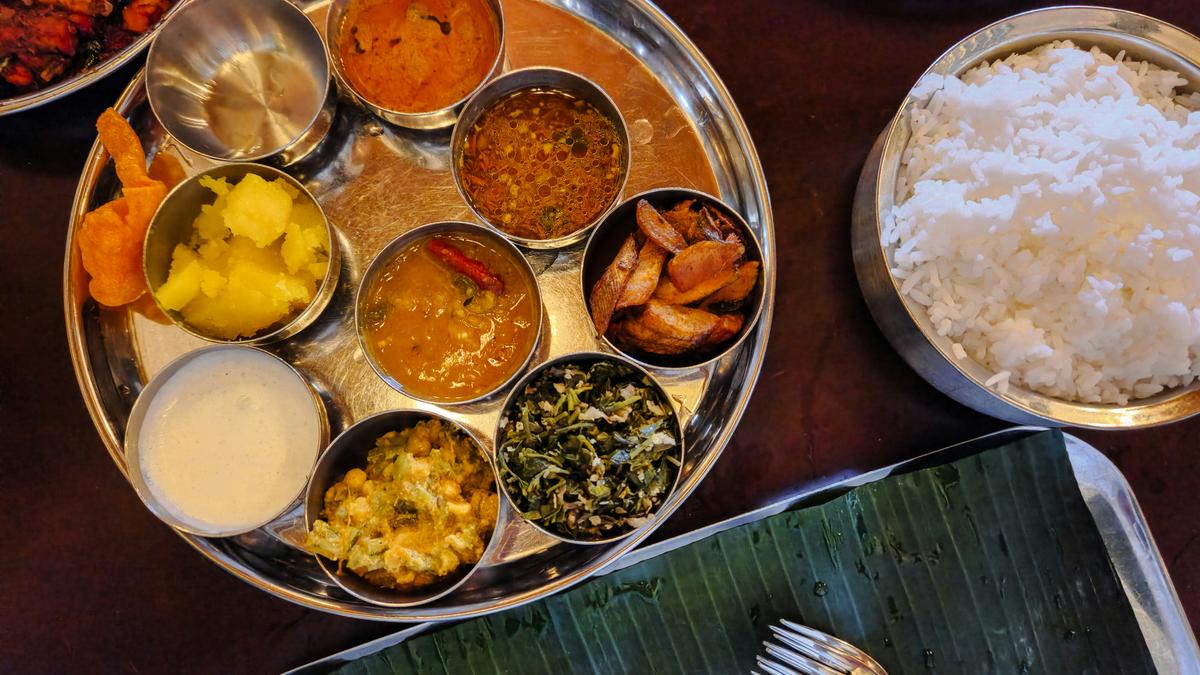Science
Understanding Post-Meal Sleepiness: The Science Explained

Feeling drowsy after a substantial meal is a common experience for many people. This phenomenon occurs due to a combination of physiological changes that impact blood circulation and energy levels in the body. When food is consumed, the digestive system becomes active, necessitating increased blood flow to the stomach and intestines. This redistribution can lead to a temporary decrease in blood and oxygen supply to the brain, contributing to feelings of fatigue and reduced alertness.
The Role of Food Composition in Sleepiness
The type of food consumed plays a significant role in how sleepy one feels after eating. Foods high in carbohydrates, such as rice, bread, and sweets, can raise blood glucose levels. In response, the body releases more insulin to help manage this glucose. Insulin facilitates the entry of specific amino acids into the brain, particularly tryptophan. Once inside the brain, tryptophan is converted into serotonin and melatonin, two hormones that are instrumental in regulating mood and sleep.
Heavy meals, especially those rich in fats, exacerbate this effect. Such meals are more challenging to digest, prolonging the period during which the body directs blood to the stomach. This extended blood flow can keep energy levels low for several hours. Consequently, individuals may experience a greater sense of lethargy. Additionally, warm environments or a relaxed state following a meal can intensify feelings of sleepiness.
Strategies to Combat Post-Meal Drowsiness
To mitigate the effects of post-meal drowsiness, dietary choices are crucial. Individuals who opt for smaller, balanced meals that are high in fiber and protein often report feeling less fatigued. These types of meals tend to support steadier digestion and maintain stable blood sugar levels, reducing the likelihood of experiencing significant drowsiness.
In summary, the interplay between food composition, digestive processes, and hormonal regulation explains why many feel sleepy after eating. Understanding these mechanisms can help individuals make informed dietary choices to maintain energy levels throughout the day.
-

 World5 months ago
World5 months agoSBI Announces QIP Floor Price at ₹811.05 Per Share
-

 Lifestyle5 months ago
Lifestyle5 months agoCept Unveils ₹3.1 Crore Urban Mobility Plan for Sustainable Growth
-

 Science4 months ago
Science4 months agoNew Blood Group Discovered in South Indian Woman at Rotary Centre
-

 World5 months ago
World5 months agoTorrential Rains Cause Flash Flooding in New York and New Jersey
-

 Top Stories5 months ago
Top Stories5 months agoKonkani Cultural Organisation to Host Pearl Jubilee in Abu Dhabi
-

 Sports4 months ago
Sports4 months agoBroad Advocates for Bowling Change Ahead of Final Test Against India
-

 Science5 months ago
Science5 months agoNothing Headphone 1 Review: A Bold Contender in Audio Design
-

 Top Stories5 months ago
Top Stories5 months agoAir India Crash Investigation Highlights Boeing Fuel Switch Concerns
-

 Business5 months ago
Business5 months agoIndian Stock Market Rebounds: Sensex and Nifty Rise After Four-Day Decline
-

 Sports4 months ago
Sports4 months agoCristian Totti Retires at 19: Pressure of Fame Takes Toll
-

 Politics5 months ago
Politics5 months agoAbandoned Doberman Finds New Home After Journey to Prague
-

 Top Stories5 months ago
Top Stories5 months agoPatna Bank Manager Abhishek Varun Found Dead in Well









